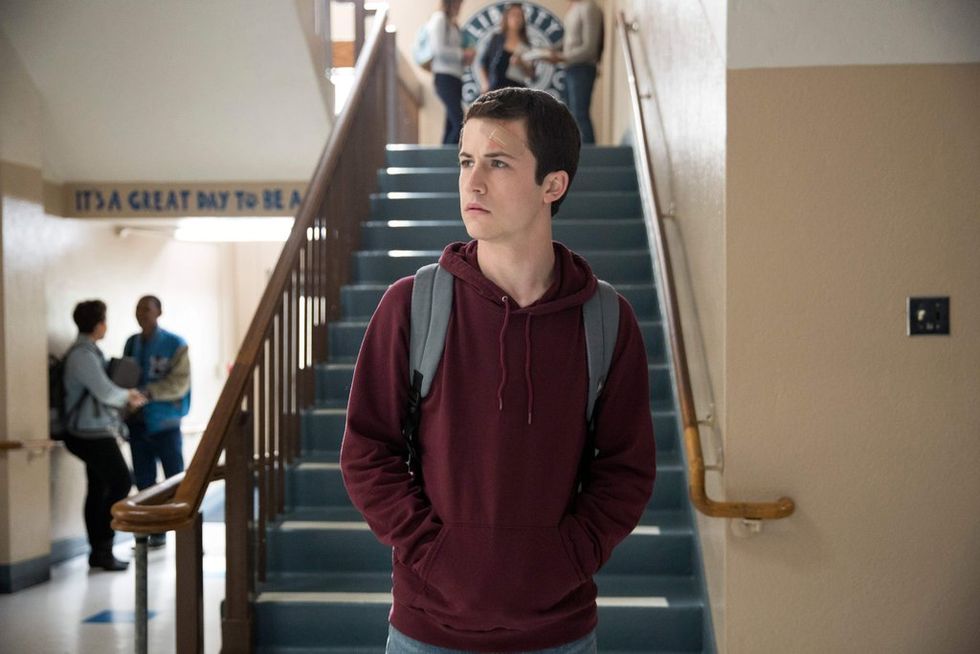I just finished Netflix’s “13 Reasons Why” and felt compelled to discuss this unnerving and exquisite show.
It definitely wasn't even close to what I typically watch but since it only has 13 episodes I figured I'd see what it was all about. For those of you who have not seen the show, it tracks the story of Hannah Baker, her suicide, and the 13 reasons that led her to her decision. The show is basically about bullying, betrayal, loneliness, abuse, assault, and everything horrible about high school and people in general.
I am fortunate enough to have never been suicidal or know anyone that has been (or at least acted on it). However, after scrolling through Netflix the other day looking for another show to binge, I stumbled upon "13 Reasons Why" and I figured, why not. After reading up about the series, I discovered that it was adapted from a book I somehow never read growing up. This show may get overlooked by a lot of people, but it is way too relevant for that to happen, especially for millennials who have grown up in the culture and society Hannah Baker did.
For many of us millennials, high school is still a significant part of us. No matter who you are, high school had an impact on your life, whether you liked that impact or not. Some of us may still have those best friends we see at home over breaks and relive all of the mayhem that was high school. Others would probably like to block most of our memories from those four years of hell, but we can’t because it made us we are today. Hannah Baker’s story� depicts what high school is like for so many people. There are good parts, but they tend to get overshadowed by the bad.
As millennials, we grew up with the Internet, texting, and social media. Of course, that led to cyber bullying. With our worlds literally at our fingertips we could contact anyone we wanted to at any time. It allowed for the emotion to be taken out of our interactions. We grew up hiding our emotions in fear that someone might think we were human. Everything we did or said could be shared with our whole school or neighborhood within minutes. Growing up we already had enough trouble expressing our emotions but with social media it was even harder. Like Hannah, many of us didn’t know what we were feeling or why. Our retweets and shares would show snippets of what we were thinking or feeling, without us ever having to say or type a word.
The unsettling way in which Hannah chronicled her last days allows us all a glimpse at the effect actions have on people. Every word you say and everything you do to someone is more profound than you can ever imagine. The words that were said about Hannah, the things people did to her, hurt her more than people thought. Just because you wouldn’t be hurt by what you say or do, does not mean everyone else feels the same. The smallest thing you do can change someone for better or for worse.
Once I finished the show, all I could think was, if one thing had gone different, Hannah may still be alive. If one person intervened, the story may have ended differently. You can hurt people with something as simple as a funny look or you can make someone happy with a simple smile. "13 Reasons Why” doesn’t shy away from the uncomfortable but instead embraces it. It’s more than just a show about suicide or rape or bullying. It’s about the power our actions have over other people’s lives. If you watch the show you’ll understand the point I’m trying to make, but if you don’t watch the show, think about your actions a little more.
If you or a loved one needs help you can go to 13reasonswhy.info to find a helpful organization in your area.















